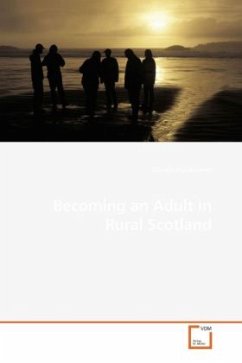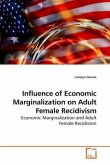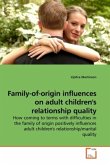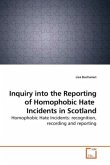This work posits that young people anticipate the
transition to adulthood with a possible future adult
self in mind and such orientation mediates their
present decisions. Although there is a subjective
emphasis by young people on individual negotiation
and control in the construction of their possible
adult selves, it is nonetheless demonstrated that
traditional determinants of social reproduction such
as class of origin, family background, place of
residence and gender remain influential. Therefore
there is utility in the concept of "structured
possible selves". Through identifying the main issues
young people in four rural areas face in becoming an
adult, it is demonstrated that although there is some
evidence of a biographical approach to the
life-course, with some rural young people actively
negotiating their way in a positive manner, others
are acting through a paucity of alternatives. Living
in a rural area adds further complexity to
transitional decision-making as well as engagement in
youth cultural behaviours hence prognosis of a
dis-embedding of place and a decline in community and
family ties is premature. The
research suggests that there are not only some unique
issues for rural young people as they become adults,
but also that rural differentiation exists.
transition to adulthood with a possible future adult
self in mind and such orientation mediates their
present decisions. Although there is a subjective
emphasis by young people on individual negotiation
and control in the construction of their possible
adult selves, it is nonetheless demonstrated that
traditional determinants of social reproduction such
as class of origin, family background, place of
residence and gender remain influential. Therefore
there is utility in the concept of "structured
possible selves". Through identifying the main issues
young people in four rural areas face in becoming an
adult, it is demonstrated that although there is some
evidence of a biographical approach to the
life-course, with some rural young people actively
negotiating their way in a positive manner, others
are acting through a paucity of alternatives. Living
in a rural area adds further complexity to
transitional decision-making as well as engagement in
youth cultural behaviours hence prognosis of a
dis-embedding of place and a decline in community and
family ties is premature. The
research suggests that there are not only some unique
issues for rural young people as they become adults,
but also that rural differentiation exists.








